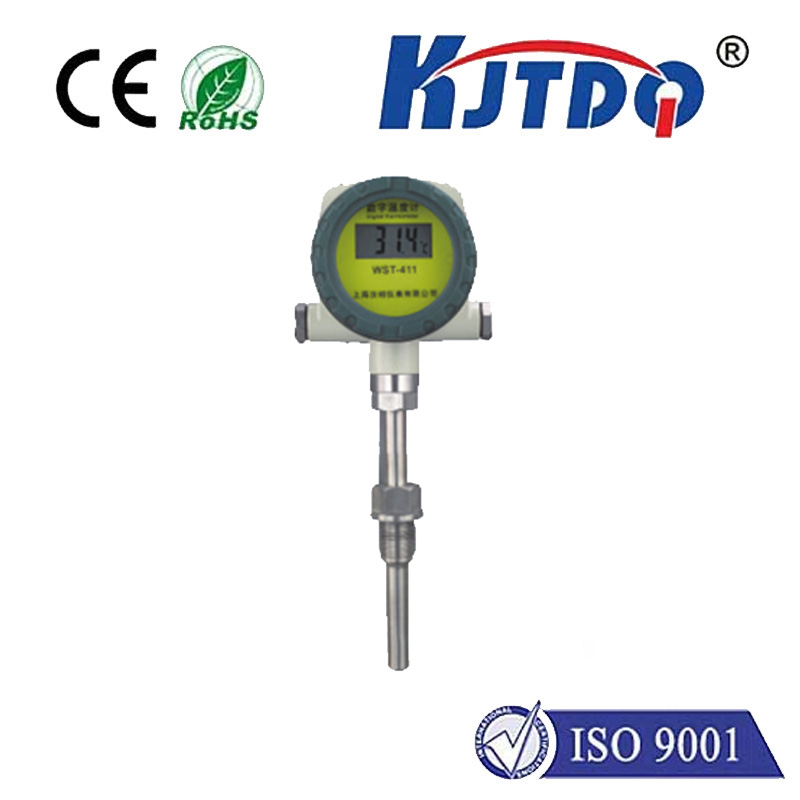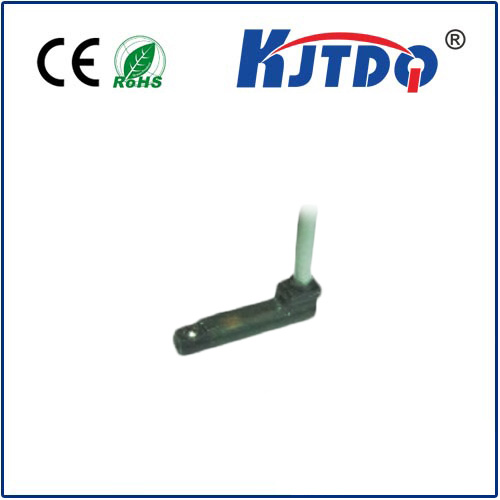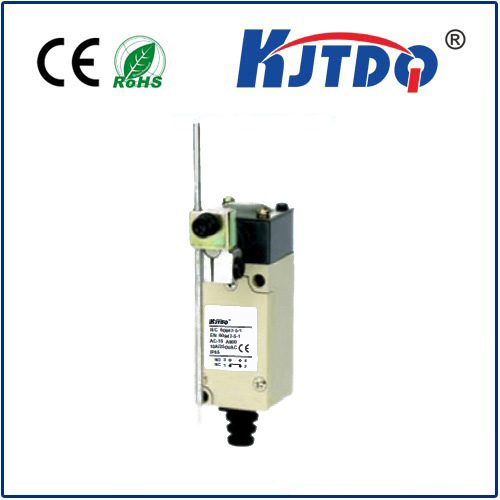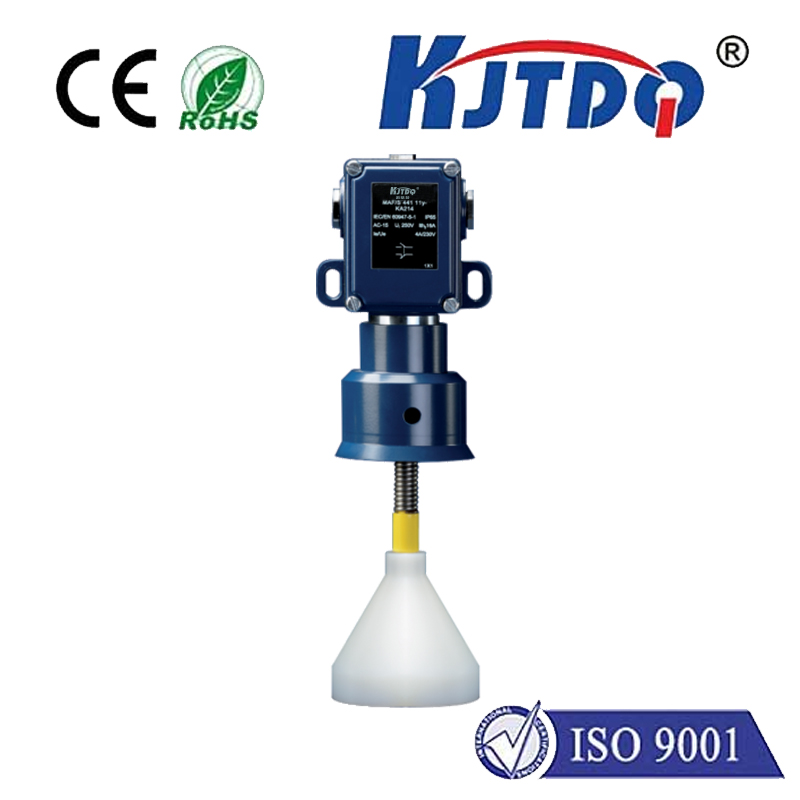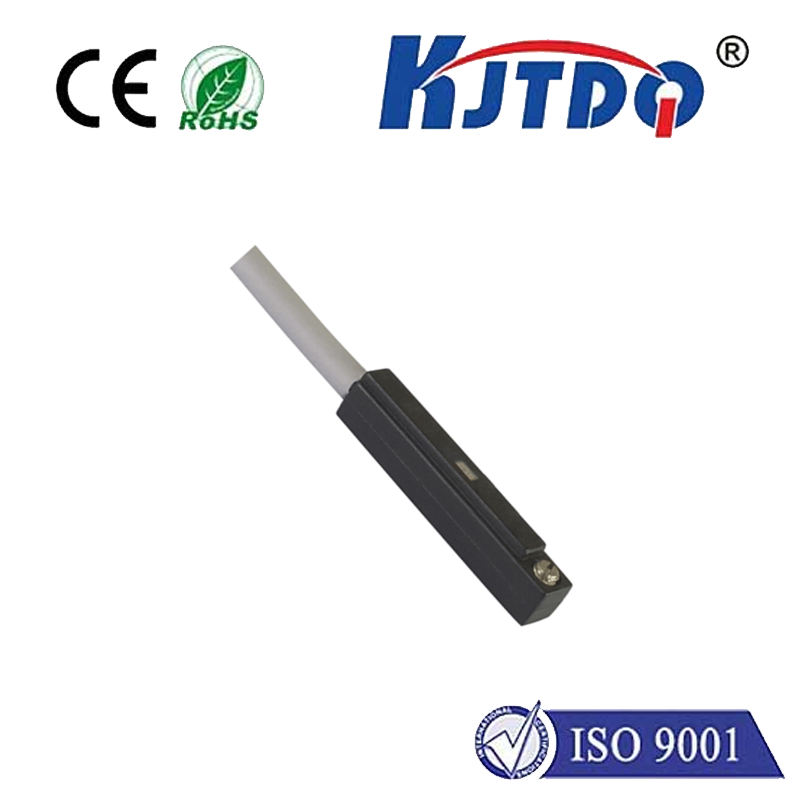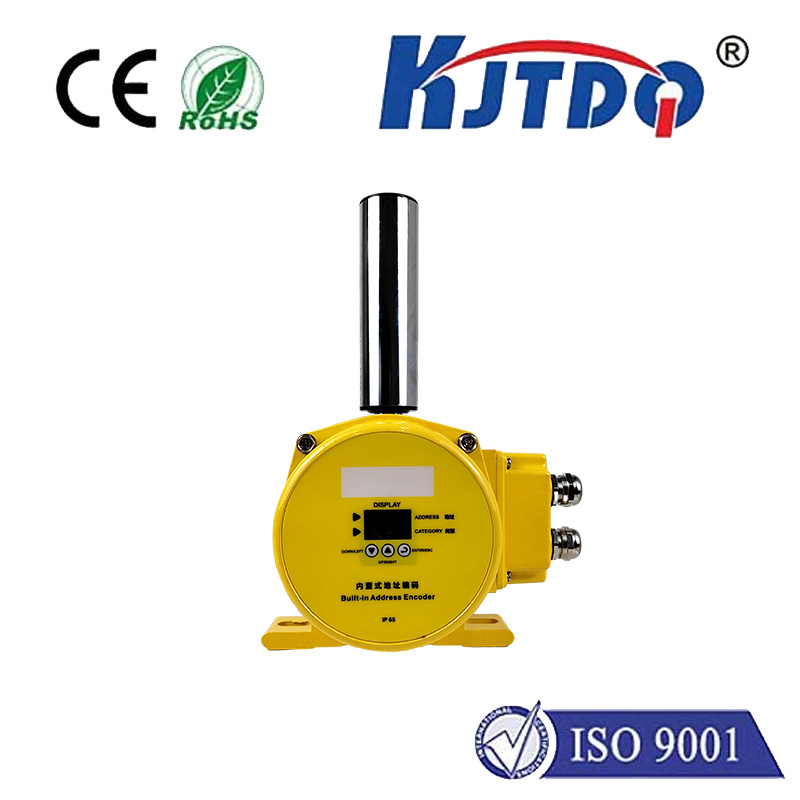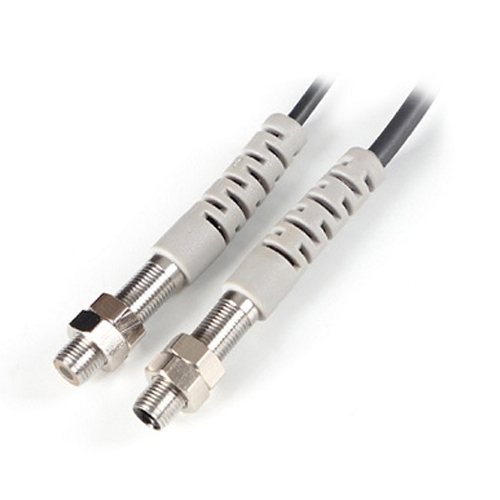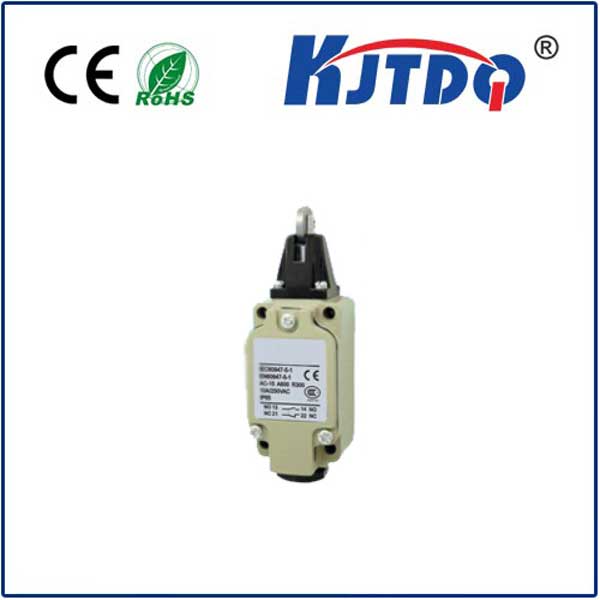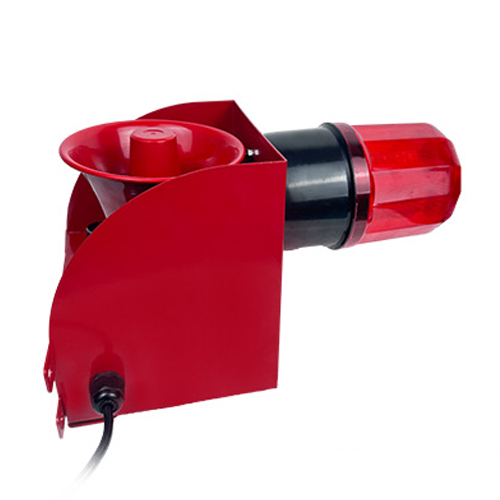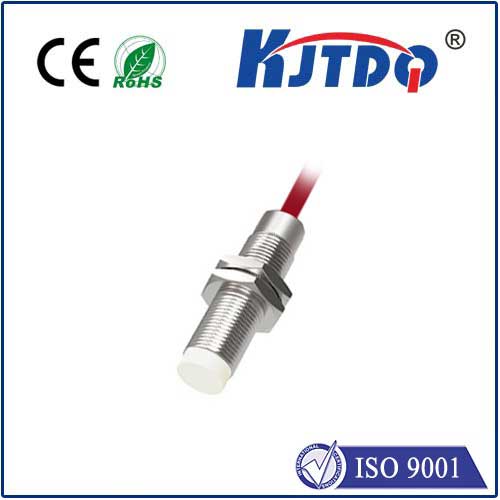
Проверка
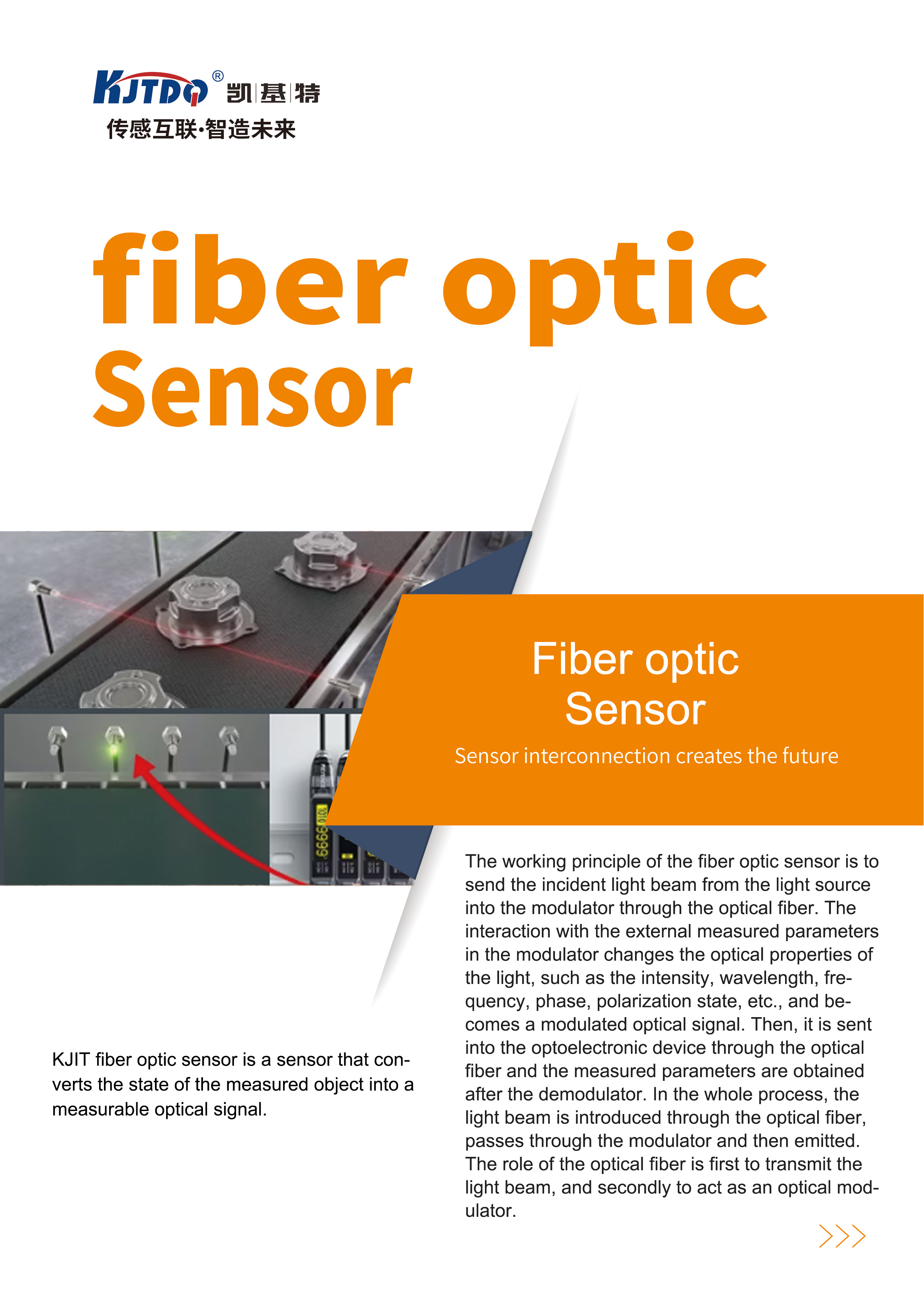
Проверка

Проверка
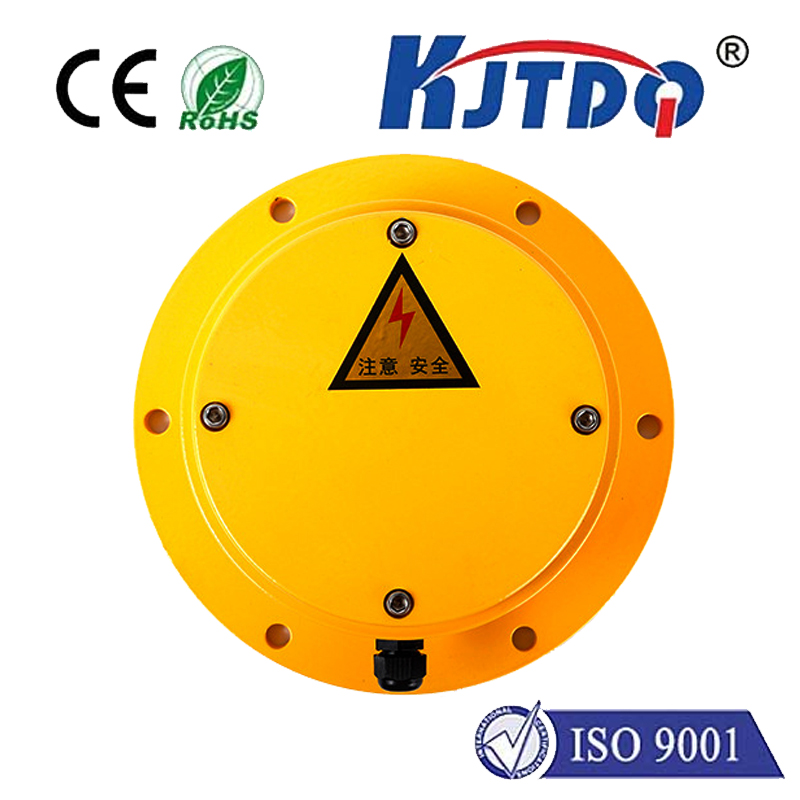
Проверка

Проверка

Проверка
Title: The Versatile NPN Capacitive Proximity Sensor
The NPN capacitive proximity sensor is a remarkable device that offers a wide range of benefits in industrial automation. Its unique design and advanced technology make it a highly reliable and versatile tool for detecting the presence or absence of an object without any physical contact. In this article, we will delve into the various aspects of the NPN capacitive proximity sensor to understand its significance and applications in the industry.
Firstly, let's discuss the basic functioning of the NPN capacitive proximity sensor. It operates on the principle of capacitance, where two conductive plates separated by an insulator store electrical energy. When an object comes near the sensor, it changes the electrical field between the plates, resulting in a change in capacitance. This change is then detected by the sensor circuitry, which triggers an output signal indicating the presence of the object. This simple yet effective mechanism makes the NPN capacitive proximity sensor highly accurate and reliable for detecting objects in various industries.

One of the key advantages of the NPN capacitive proximity sensor is its non-contact nature. Unlike other sensors that require direct contact with the object to be detected, the NPN capacitive proximity sensor can sense the presence of an object from a distance. This makes it ideal for applications where direct contact with the object could damage it or pose safety risks. Additionally, the non-contact nature of the sensor also helps in reducing maintenance costs as there are no moving parts or surfaces that could wear out over time.
Another notable feature of the NPN capacitive proximity sensor is its ability to detect various materials, including metals, plastics, and even liquids. This broad detection capability makes it a versatile tool that can be used in a wide range of applications across different industries. For instance, it can be used in manufacturing processes for counting products, monitoring assembly lines, and detecting product defects. Moreover, its sensitivity can be adjusted according to the application requirements, allowing for customization of the detection parameters.
Furthermore, the NPN capacitive proximity sensor is highly resistant to environmental factors such as dust, moisture, and temperature fluctuations. This robustness ensures consistent performance under harsh working conditions, making it suitable for use in industries such as mining, construction, and automotive manufacturing. The sensor's immunity to electromagnetic interference also makes it ideal for applications where electrical noise could affect the accuracy of detection.
In addition to its technical capabilities, the NPN capacitive proximity sensor is also easy to install and integrate into existing systems. It can be mounted using standard mounting hardware and connected to control systems through simple wiring configurations. This ease of installation allows for quick setup and minimal downtime during integration.
The NPN capacitive proximity sensor offers numerous benefits in terms of accuracy, reliability, versatility, and durability. Its non-contact nature, broad detection capabilities, and resistance to environmental factors make it an ideal choice for various industrial applications. Whether you are involved in manufacturing, construction, or any other industry that requires precise detection of objects, the NPN capacitive proximity sensor can help streamline your processes and improve overall efficiency.
